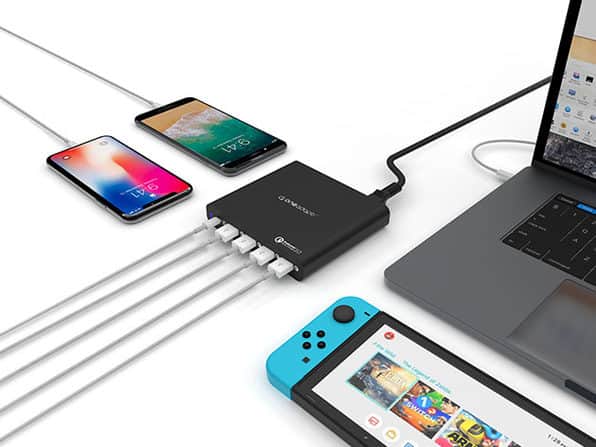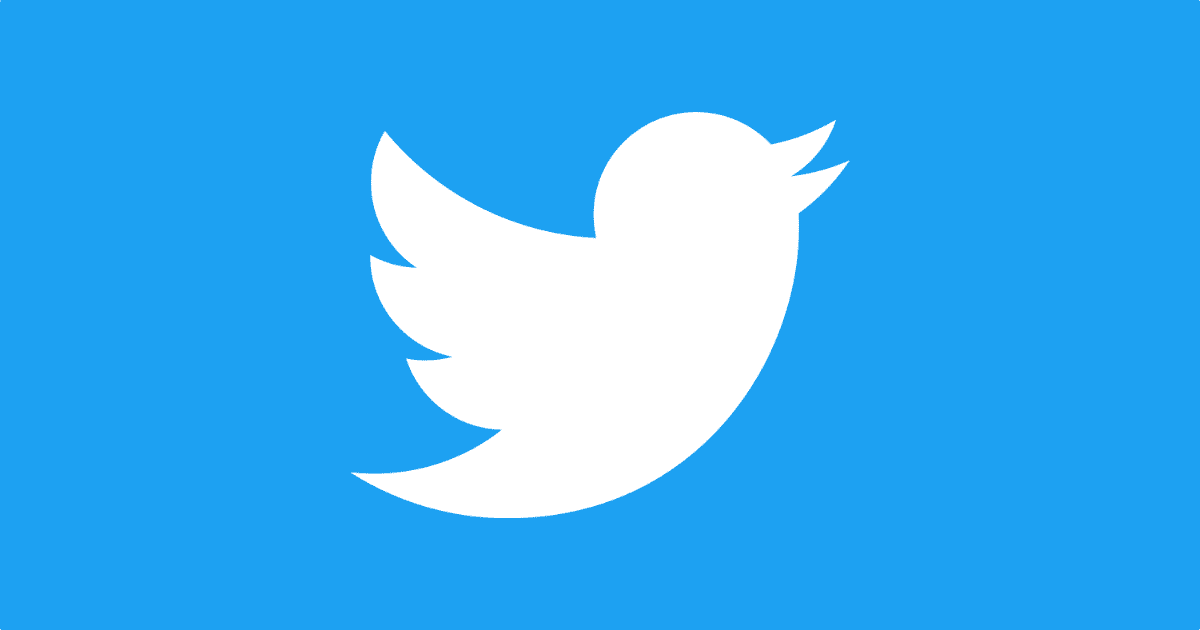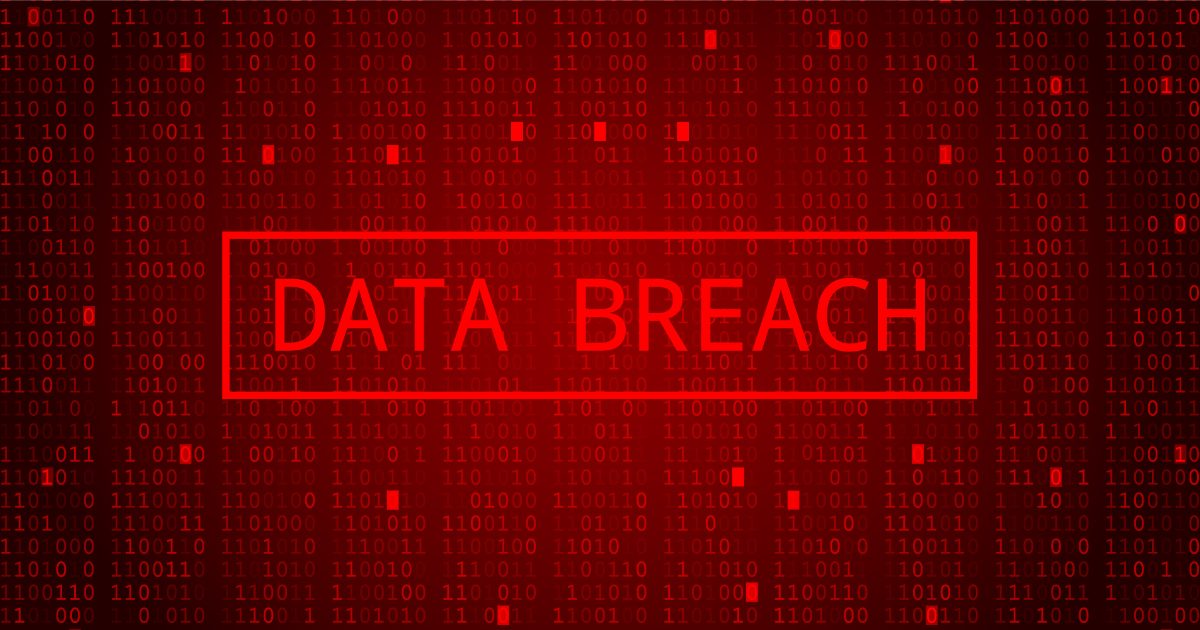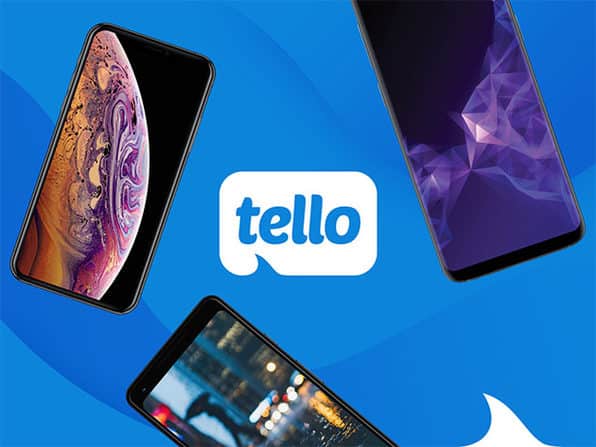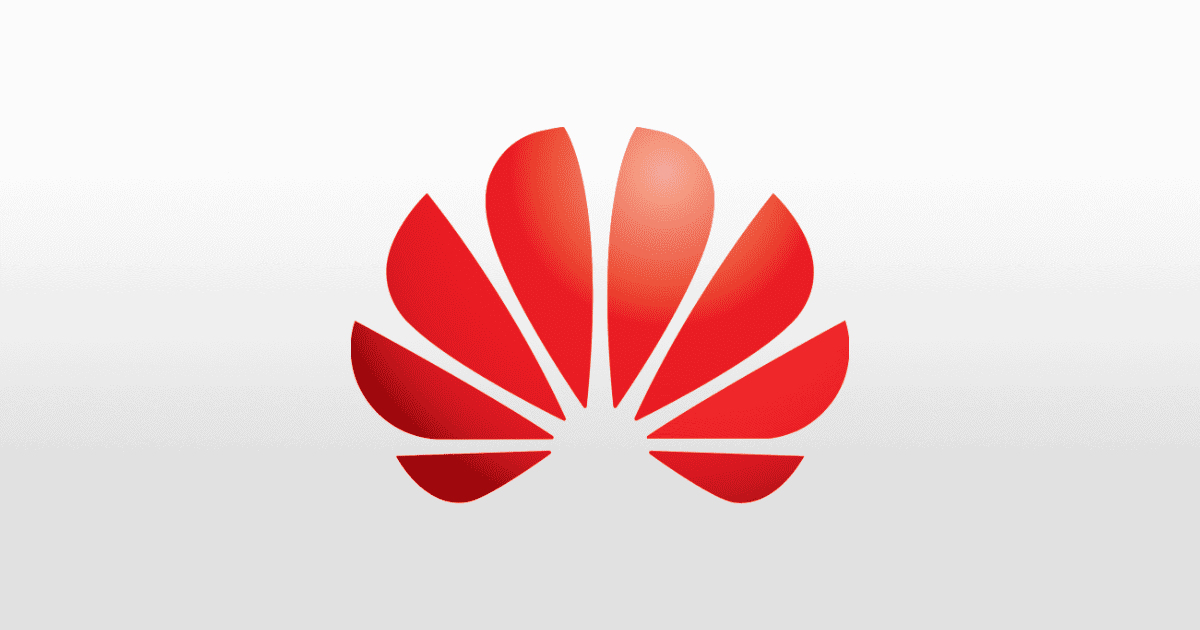Enter our new international giveaway for a chance to win the brand new iPhone 16 Pro.
iPhone Photography, Device Disinfection – TMO Daily Observations 2020-03-05
Andrew Orr and Bryan Chaffin join host Kelly Guimont to discuss disinfecting (not just cleaning!) your devices, and Andrew’s tips for iPhone photography.
Apple Looking for Maps Writer/Editor
Apple advertised for a Writer/Editor for Maps, indicating that it is looking to put its own editorial information into Maps.
EVRI 80W USB-C Charging Station with 4x QuickCharge Ports: $52.99
We have a deal on the EVRI 80W USB-C Charging Station, a charging hub for your mobile devices that features four QuickCharge ports. It also has a USB-C port with enough juice to charge your MacBook, MacBook Air, or MacBook Pro. This device is $52.99 through our deal.
More Details of How Uyghur Muslims Are Exploited in Tech Supply Chains Emerge
Earlier this week, I reported on research by an Australian think tank that highlighted how Uyghur Muslims in China were being exploited, maltreated, and used in the manufacturing of products. Apple is one of the companies whose supply chain was cited in the report. Now, the Associated Press has published further on-the-ground reporting about the exploitation of this minority during the making of tech products. Apple is again one of the firms mentioned, along with the likes of Lenovo and Huawei.
OFILM’s website indicates the Xinjiang workers make screens, camera cover lenses and fingerprint scanners. It touts customers including Apple, Samsung, Lenovo, Dell, HP, LG and Huawei, although there was no way for the AP to track specific products to specific companies. Apple’s most recent list of suppliers, published January last year, includes three OFILM factories in Nanchang. It’s unclear whether the specific OFILM factory the AP visited twice in Nanchang supplies Apple, but it has the same address as one listed. Another OFILM factory is located about half a mile away on a different street. Apple did not answer repeated requests for clarification on which factory it uses. In an email, Apple said its code of conduct requires suppliers to “provide channels that encourage employees to voice concerns.” It said it interviews the employees of suppliers during annual assessments in their local language without their managers present, and had done 44,000 interviews in 2018.
Is iCloud Slow For You Today? You’re Not Alone
iCloud services are experiencing some issues today, including iMessage, Apple Notes, iCloud Photos, iCloud Drive, and more.
Facebook Begins Rolling Out Messenger for Mac
Facebook has begun rolling out its dedicated Messenger app for Mac, which has been spotted by users in the French App Store.
How to Get $5 Credit at a Wells Fargo ATM
Wells Fargo is offering its customers US$5 if they use Apple Pay at an ATM. The offer is valid until March 5, 2021.
Apple Backs Out of SXSW 2020 Over Coronavirus
Apple has pulled out of SXSW 2020 over COVID-19, where it was going to premier three of its Apple TV+ originals.
Twitter Tests Tweets That Disappear After 24 Hours
Twitter is testing a new feature called “fleets” which are tweets that disappear after 24 hours.
According to Twitter, an initial survey of users showed they would be more comfortable “sharing everyday thoughts” if they disappear after 24 hours.
Like tweets, Twitter fleets are based primarily on text, but you also can include videos, GIFs or photos in them. Users’ fleets will appear at the top of their home page and visible to their followers. Other users can reply to a fleet via private direct message or with an emoji.
It sounds like a good idea on the surface, but given that Twitter is a dumpster fire, you can imagine hateful tweets, political lies, etc. all disappearing from the public record. Of course, people can just screenshot them.
Someone Hacked J.Crew Last Spring and we Only Find Out Today
According to a notice [PDF] from J.Crew, someone hacked the company last year. For some reason we’re only finding out about it today, a year later.
“The information that would have been accessible in your jcrew.com account includes the last four digits of credit card numbers you have stored in your account, the expiration dates, card types, and billing addresses connected to those cards, and order numbers, shipping confirmation numbers, and shipment status of those orders,” J.Crew’s data breach notification explains.
You know, sometimes when I write about this stuff, like Facebook doing every bad thing under the sun with our data, I stop and think: “Am I just a cynical a**hole?” Then, when yet another idiot company has a data breach, I realize, no I’m just reporting reality. These companies deserve to be named and shamed.
Tello Value Prepaid 6-Month Plan: Unlimited Talk/Text + 2GB LTE Data: $49
We have a deal for the budget-minded looking for an inexpensive wireless plan, Tello’s Value Prepaid 6-Month Plan. This deeply discounted Tello wireless bundle includes unlimited talk & text plus 2GB/month of LTE data, for 6 months. It’s $49 through our deal.
Locked Apple Notes Aren’t as Secure as You Think
Forensic company BlackBag, a Cellebrite company, recently found that locked Apple Notes are temporarily stored in an insecure state.
Apple Updates App Store Review Guidelines to Cover Spam, Crime, and More
Apple updated its App Store review guidelines with some new rules to restrict certain types of app behavior.
Apple vs (Non-Computer) Viruses – TMO Daily Observations 2020-03-04
John Martellaro joins host Kelly Guimont to discuss Apple’s next moves regarding gathering thousands of people in San Jose (for WWDC) or not, and manufacturing logistics vs the current state of affairs.
U.S. Lawmakers Urge UK to Rethink Huawei 5G Involvement
Senior U.S Senators have once again urged the British government to not give Huawei any role in the development of the country’s 5G network, Sky News reported. In total, 20 lawmakers from both parties signed the open letter.
In a letter to MPs, the group of US politicians – including both Democrats and Republicans – expressed their “significant concern” with Prime Minister Boris Johnson’s decision to hand the Chinese company an infrastructure role. Critics allege Huawei has close links to the Chinese government and its equipment could be used for espionage purposes – something the company has always denied. US President Donald Trump has put trade restrictions on Huawei and previously suggested future intelligence-sharing cooperation with America’s “Five Eyes” allies – the UK, Canada, Australia and New Zealand – could be put at risk if the UK worked with the firm.
Google I/0 2020 Not Going Ahead
Google has canceled its annual I/0 developers conference, the biggest event in the firm’s calendar, over coronavirus fears.
Police Chased Criminals Using 'Find My' App
We’ve heard a number of stories about how the Apple Watch has alerted people suffering from a heart condition, potentially saving their lives. Now it seems, Apple products are helping fight crime. The Sydney Morning Herald told the story of how the ‘Find My’ app helped police pursue two men, in what ultimately became a fatal police chase.
The victim opened his tracking app, which pinged the iPad, and he began following his stolen Triton. Police called him off before officers tracked the ute and iPad to the Glengala Hotel in Sunshine. The police air wing was called in, but when officers arrived at the scene the ute had been dumped. The iPad, though, began pinging inside the Toyota Kluger. Over the following two hours the men were traced heading to the Sunshine Motor Inn and across the suburb before a brief police pursuit on the Western Ring Road. Police then tracked the Kluger to Tullamarine, Epping, Mernda and Thomastown.
Bad Reviews of New Apple TV+ Show 'Amazing Stories' Have Disappeared
Reviews of forthcoming Apple TV+ show ‘Amazing Stories’ have disappeared from two websites, leading to the question – what happened to them?!
Cathay Pacific Fined £500,000 For Major Data Breach
Cathay Pacific was fined £500,000 by the UK ICO, the largest fine available pre-GDPR, for a data breach affecting 9.4million users.
Twitter Urges Employees to Work From Home
In an updated blog post, Twitter encouraged its staff to work from home in a bid to protect them from COVID-19. It became one of the first major U.S. firms to take such a step.
We are working to make sure internal meetings, all hands, and other important tasks are optimized for remote participation. We recognize that working from home is not ideal for some job functions. For those employees who prefer or need to come into the offices, they will remain open for business. Our Real Estate & Workplace team is increasing deep cleaning and sanitizing in all spaces, as well as more visual reminders for personal hygiene best practices and pre-packaged, pre-composed, and pre-plated food options. Working from home will be mandatory for employees based in our Hong Kong, Japan, and South Korea offices due in part to government restrictions. Our criteria will evolve over time as we get more information, and we will communicate to affected Tweeps as appropriate.
VSCO Adds a New Feature to Create Videos Called ‘Montage’
VSCO announced a new feature Wednesday called Montage. It’s a tool that lets users create multimedia videos.
Book Publishers Artificially Limit eBook Lending in Libraries
Major book publishers impose limits on how libraries handle ebooks, with short-term licenses and contracts.
Because only one reader can check out an ebook at a time, and because the cost of licensing an ebook is prohibitively high for libraries to invest in hundreds of copies for every new title, library-goers have become accustomed to long waits to check out ebooks, particularly bestsellers. For publishers, that’s the point. If you have to wait weeks to check out a new ebook, you might just cruise on over to Amazon and pay $14.99 to have it delivered immediately to your Kindle or the Kindle app on your phone.
Expensive college textbooks and dumb eBook rules are two good examples of how ripe for disruption this space is. It’s also shortsighted. The point of digital media is to make it so easy to access that people don’t feel the need to pirate anymore. But practices like this is partly what drives people to pirate.
Apple Subsidiary Launches Claris Connect
Claris launched its new Claris Connect workflow tool that aims to help small and medium businesses conquer automation challenges.
ARM Inside, NSA-brand Malware – TMO Daily Observations 2020-03-03
Charlotte Henry and John Martellaro join host Kelly Guimont to discuss malware bought and reused by the NSA, and the future of Mac processors.


